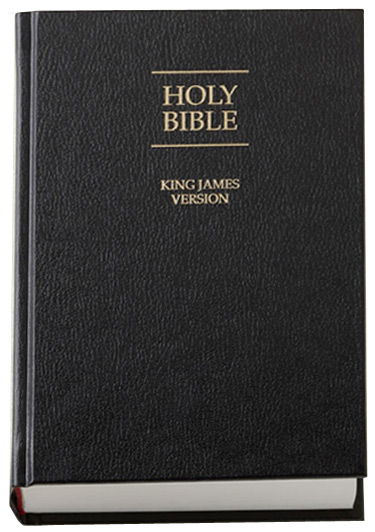Difference between revisions of "Book of Joshua"
Dennisangot (talk | contribs) |
|||
| Line 16: | Line 16: | ||
[[Category:Scriptures and Scriptural Topics]] | [[Category:Scriptures and Scriptural Topics]] | ||
[[es:Libro de Josué]] | [[es:Libro de Josué]] | ||
| + | [[it:Il libro di Giosuè]] | ||
Latest revision as of 15:38, 1 December 2011
The Book of Joshua in the Old Testament is so named not because he is the author, but because he is the primary figure in it. More than likely, Joshua probably wrote or supervised most of the writing in this book. However, he could not have written all of it since the book also tells about his death and burial.In Hebrew, the word Joshua means, 'the Lord saves' or 'the Lord gives the victory.' The name Joshua translated from Greek to English means 'Jesus' -an interesting symbolism, since the book of Joshua is the record of Joshua leading the children of Israel into the Promised Land, and Jesus Christ leads us into the 'promised land' of eternal life.
The book of Joshua can be divided into three main parts: 1) The conquest of Canaan, which is covered in Chapters 1-12; 2) the division of the land among the tribes of Israel, covered in Chapters 13-22; and, 3) Joshua's final instructions and testimony before his death, covered in chapters 23-24.
The victories accomplished by the Israelites in order to obtain the Promised Land were only made possible through the Lord's help. The Book of Joshua testifies that the Lord does fulfill the promises He makes to His children. The Lord had covenanted that Abraham's descendants would attain possession of the land of Canaan. Even though the Israelites never possessed all of the land promised to Abraham because of their disobedience, Joshua's era was the first time Abraham's descendants actually ruled in the land of Canaan.
This book contains numerous accounts of how the children of Israel fulfilled the covenants of the Lord by killing and conquering their enemies of war. There is always discussion regarding how the Lord can give His children a commandment to kill others, even to destroy the entire population of certain cities. Men cannot possibly understand God in all things, but they do know the following through the book of Joshua: the events in the book of Joshua occurred at a time when nations fought in the name of their god. Almost every account in the books of Joshua and Judges shows how the Israelites won their battles in some miraculous way, helping both the Israelites and their enemies know that the Lord had won the battle, not any man. In addition, the Lord did not allow Israel to become rich through capturing the wares of the people they conquered, as is stated in Joshua 7. The Lord often reminded the Israelites that the land belonged to Him and it was given to them for their use as His people.
The lesson learned is that the destruction of wicked and idolatrous nations is one way the Lord may punish people. Therefore, when the Lord commanded the Israelites to drive out or destroy the Canaanites, he was doing what was most beneficial to all involved, based on the conditions. The wickedness of the Canaanites had reached the point that they were willing to kill the righteous. When the wickedness in a society is so prevalent that the righteous cannot live the life the Lord has asked them to, then the Lord mercifully destroys the society from the earth for the sake of future generations. This is evident from the story of Noah and the Flood.
One of the most important things one can learn from the book of Joshua is that it is advisable to live by the Lord's instructions and commandments. Man's ways are not God's ways, and because of men's limited understanding of God's ways, they are not always able to see things from His point of view. The Lord has warned men, that if they are wicked, they will reap destruction; if they are righteous, they will prosper.
